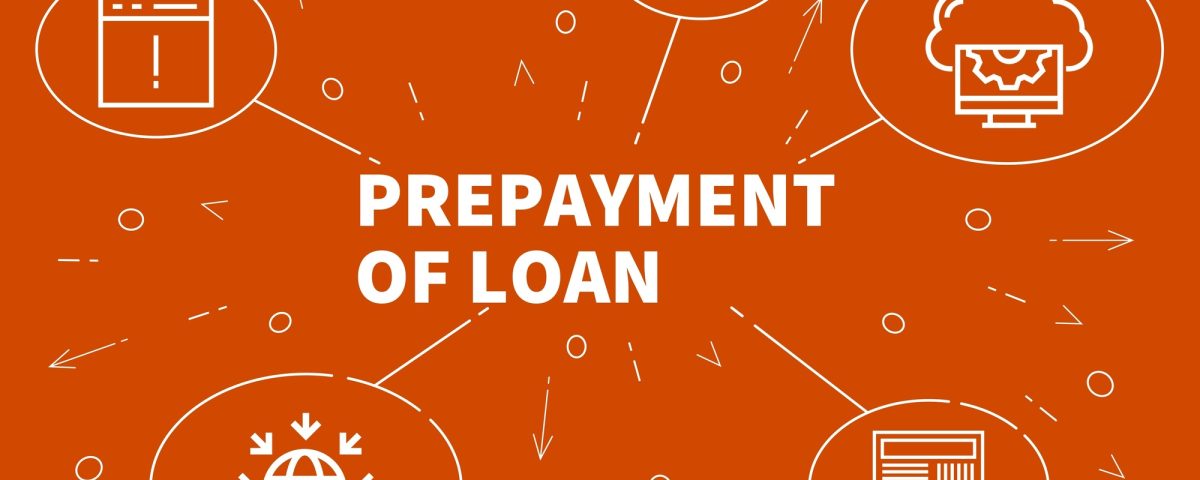What Is a Prepayment Penalty for a Personal Loan?

Should You Take Out a Loan to Pay Credit Card Debt?
October 20, 2022
What Can You Use Hardship Loans For?
October 20, 2022The recent inflation tells quite a story about how it is affecting Americans when you look at recent personal loan statistics. In the second quarter of 2022, total personal loans are up by 31% since the second quarter of 2021, reaching a balance of $192 billion.
TransUnion reports that 3.37% of borrowers are late by 60 days or more with their personal loan payments, also as of the second quarter of 2022.
However, there are many Americans who wish to pay off their debt early. The problem is that some lenders have a prepayment penalty, so it is not worth paying it off early.
While it may sound like a bunch of nonsense to pay a penalty for being a diligent borrower, it is not. In fact, it is very much a reality for personal loan borrowers and is explained in your loan agreement.
What is a prepayment penalty? Also, how do you find out if you have it in your loan contract? This article will unveil the specifics.
Keep reading to better understand the full details and various scenarios at play.
What Is a Prepayment Penalty?
It is also called a payoff fee, which is a part of the loan fees. All personal loans have a specific loan term, which is how long they give you to pay the balance. Some lenders will have you pay a fee if you pay off your personal loan early.
This is to prevent the lender from losing out on their take of the personal loan they extend you.
For example, if you agree to a personal loan and the terms say to pay it in 36 months, but you pay it in 24 months, you are paying it off early. You will have a prepayment penalty if that penalty is a part of your loan agreement.
Do All Personal Loans Have a Prepayment Penalty?
No, not all personal loans will have a prepayment penalty. You want to know if you have a prepayment penalty before you agree to a personal loan. If you cannot locate the details in the loan contract, ask your lender directly about the details surrounding a prepayment penalty.
How Much Does It Cost?
There are a few variables to determine what the cost will be. The prepayment penalty could be in one of the three following forms.
A Fixed Fee
This is a flat fee or set dollar amount that is in the loan agreement. No matter the balance of the loan, when you pay it off, you still pay this set prepayment penalty.
Interest-Based
In this structure, the lender will tell you to pay interest for a specific period. For example, they could tell you to pay 12 months of interest if you decide to pay off their personal loan early.
Percentage of the Personal Loan Balance
Sometimes a lender will assign a percentage, like one or two percent, of the remaining balance as a prepayment penalty. A lender can use a sliding scale for this, meaning the percentage is higher at the beginning of the loan term. As you near the end, the percentage is lower.
There could be a very large variation among these three ways. It could end up with a prepayment penalty of a few hundred dollars or a few thousand.
While paying your personal loan early seems like a great way to save on interest, you could end up with big loan fees as a penalty, which will not save you in the long run.
If you enter a loan contract that includes a prepayment penalty, run some math before you decide to pay it early. For a personal loan balance that you may be close to paying off, look at what the prepayment penalty could be if you pay it early and compare that to what you owe.
You may save money by just making the regular monthly payment and not paying it off early instead of paying the fixed fee.
How Does Paying a Personal Loan Early Affect Credit?
Paying a personal loan on time is good for your credit. If you think that means paying it off early should equal extra credit, though—no, it does not work like that, unfortunately.
For your credit score, paying off a personal loan is unlike paying off a credit card. When you make a large payment to your credit card debt, you will probably see your credit score go up. This is because your “credit utilization” is lower.
The lower your credit utilization is, usually, the better your credit score is. Paying a personal loan in total is different, however. An “installment loan” shows as a closed account on your credit history when you pay it off.
FICO weighs your credit score more on open accounts than on accounts that close. Open accounts are a better way to measure how you can manage debt, both past and present. Successfully paying on time counts positively toward your credit history; however, it does not have the same impact on your credit score.
Shop Around With FastLoanDirect
Not every lender will charge a prepayment penalty, so if you need a personal loan and want to avoid such loan fees, you have come to the right place! With one simple form, we give you more lenders and more options.
Need a personal loan fast? We can help with that too! Your funds could deposit as soon as the next day, once a lender approves you.
You need options, so let’s do some research together. Click here and let us know your desired amount to get started.

